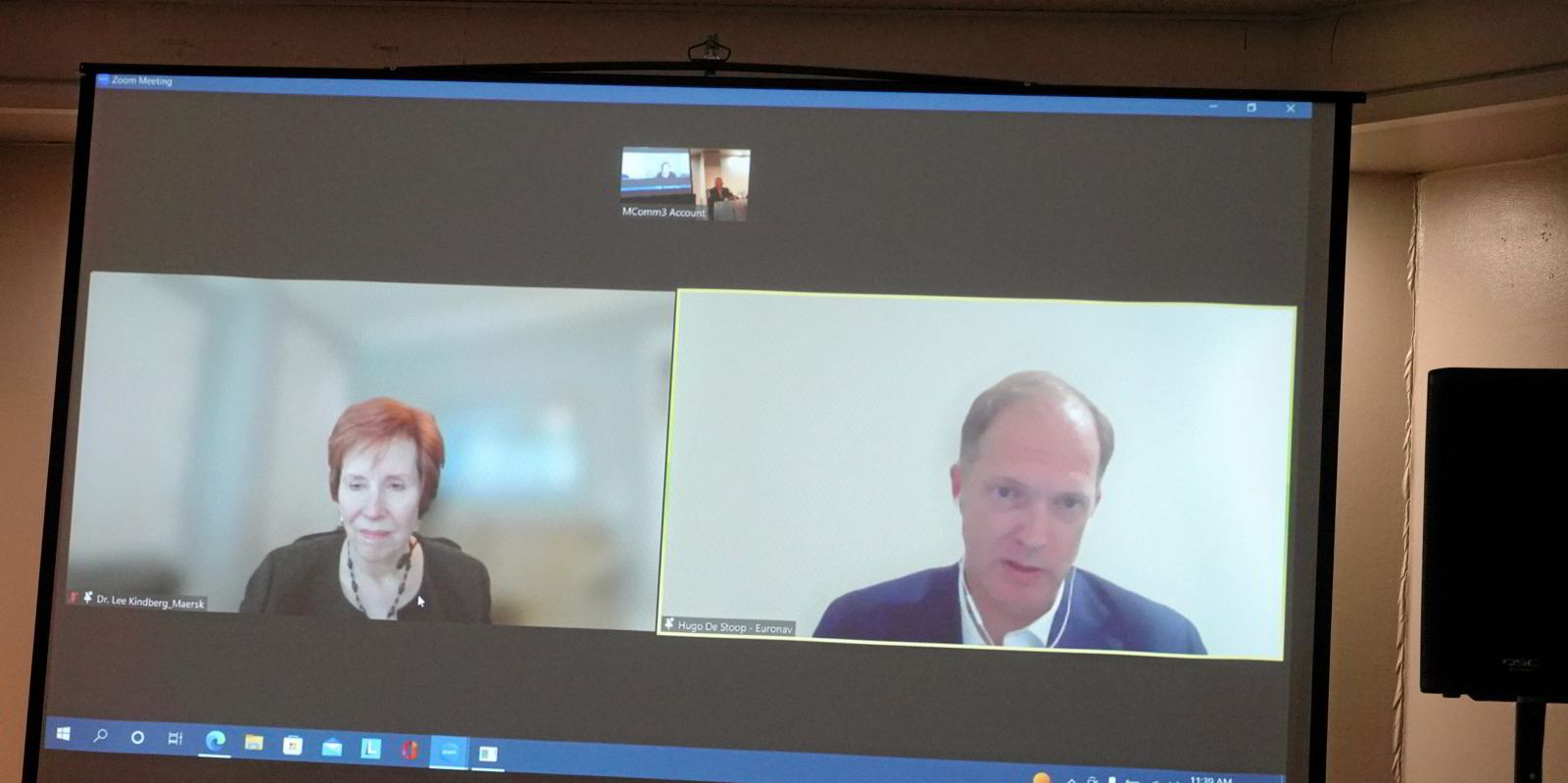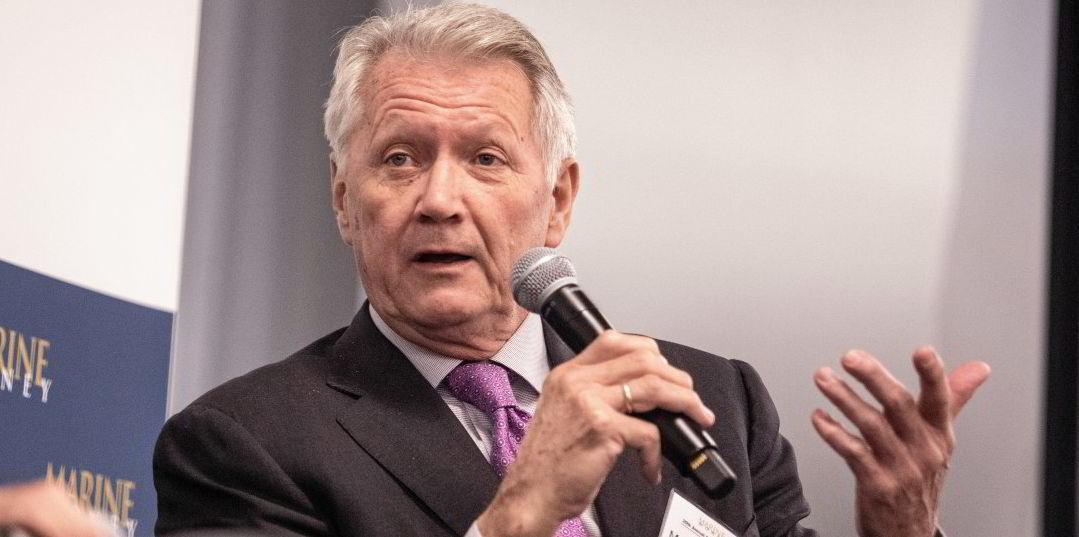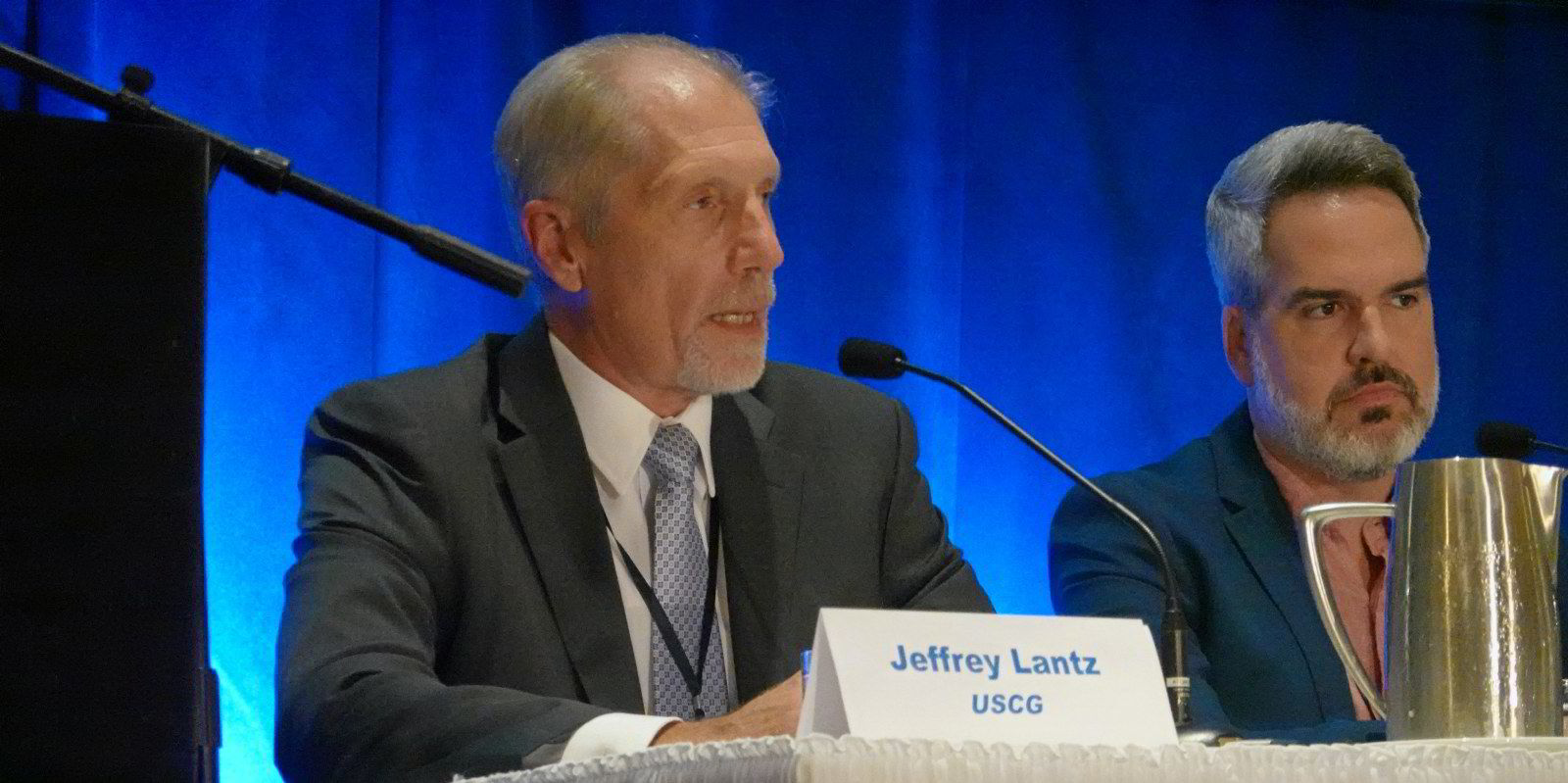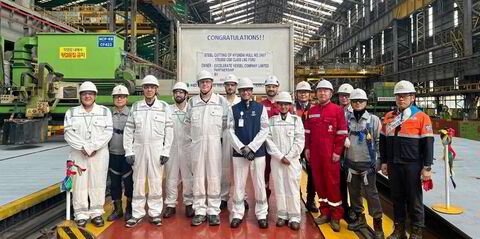Shipping carries the vast majority of the world’s goods, employs millions and has a smaller carbon footprint per tonne-mile than other transport sectors.
But industry executives often complain that when it makes it to the front page of general newspapers, the coverage is always negative.
Why does shipping get such a bad rap?

“We don’t pay taxes,” industry veteran Morten Arntzen told the SHIPPINGInsight conference in Stamford, Connecticut.
The Team Tankers International executive chairman, who is also senior shipping industry advisor at Macquarie Bank, said the small tax burden shouldered by international shipping is probably a good thing for the earnings of public and private companies alike.
But it does little to generate goodwill, as was witnessed when the pandemic brought the cruise industry to a screeching halt.
“Initially, Washington was going to throw relief at the cruise companies. Then somebody reminded them that the cruise companies don’t pay taxes either,” Arntzen said, referring to the fact that the Miami-based cruise giants have their ships registered in foreign countries, where they are not subject to US corporate taxes.
The Cruise Line Industry Association (CLIA) has said the sector did not ask for aid during the Covid-19 shutdown, according to USA Today.
Good reputation with customers
Arntzen said shipowners similar to those on the stage at SHIPPINGInsight have a great reputation with their customers.
But journalists, politicians and governments will not pay shipping respect as long as it is not contributing to the tax rolls.

“If we want to become taxpaying contributors, I think we’ll have an easier time getting our image enhanced,” Arntzen said.
Kelly Baughman, environmental director at Florida maritime conglomerate Crowley, said the pandemic and supply chain crisis exposed the general public to the critical role played by shipping.
She said that the industry needs to continue to reinforce that message and explain that it has a better carbon footprint than other transport modes and is looking to do better.
“We are still continuing to work and strive and make improvements, improve our emissions footprint, to get better as a business,” she said.
But Euronav chief executive Hugo De Stoop expressed frustration at the public perception of shipping.
He said that the industry deserves to have a much better reputation, as it provides essential services to the world.
“We’re not very often recognised for it,” he said.
“That’s one of my biggest frustrations. When are we going to get the recognition that we deserve?”
But Lee Kindberg, head of environment and sustainability in North America for AP Moller-Maersk, sees a positive to shipping’s higher profile during the supply chain crisis.
She said major newspapers seemed to use the same stock photograph of a Maersk vessel for their stories, and one of the Danish company’s supply chain professionals said that thanks to the coverage her family finally understood what she did for a living.
“We have a unique opportunity right now because that awareness has been raised and the journalists at least know where the stock pictures are and who some of the folks are to call and interview,” she said.




